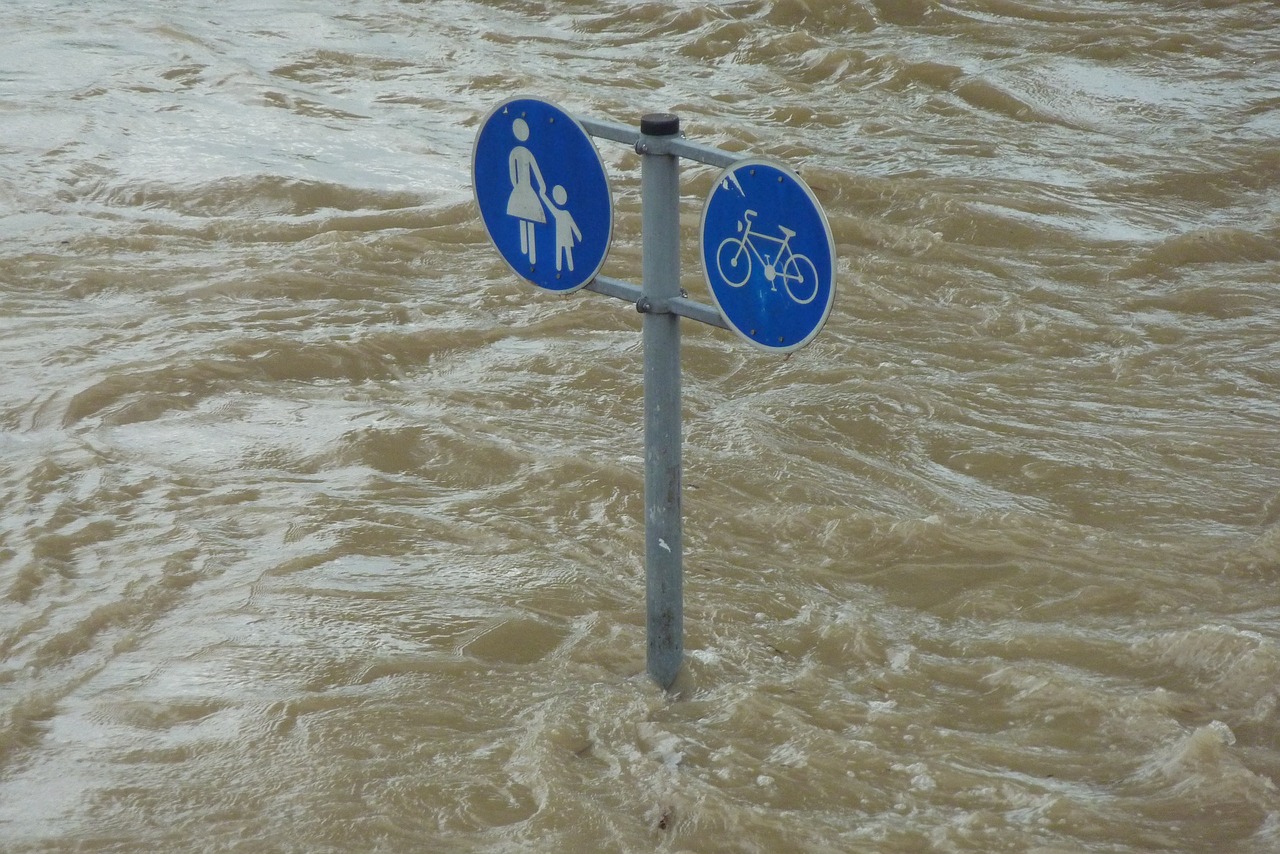You’ll love Water cycle repair and climate change and Water Cycle in Mountain West
Water Cycle, Water cycle repair and climate change, and more
The Water Cycle: A Critical Component in Mitigating Climate Change
TL;DR: Climate change is disrupting the water cycle, leading to extreme weather and water scarcity. Urgent action is needed to repair this cycle through water conservation, sustainable management, and climate mitigation strategies.
The Water Cycle and Climate Change
The water cycle encompasses the continuous movement of water between the atmosphere, oceans, and land. Climate change is disrupting this delicate balance, leading to:
- Increased extreme weather events: Rising temperatures intensify storms, floods, and droughts.
- Water scarcity: Reduced rainfall and increased evaporation in certain areas lead to water shortages.
- Sea level rise: Melting glaciers and ice sheets cause ocean levels to rise, threatening coastal populations and infrastructure.
Repairing the Water Cycle
To mitigate these impacts, it is crucial to repair the water cycle through:
- Water conservation: Reducing water consumption and implementing water-efficient technologies.
- Sustainable water management: Preserving water resources, restoring wetlands, and managing watersheds.
- Climate mitigation strategies: Transitioning to renewable energy sources, improving energy efficiency, and reducing deforestation.
The Water Cycle Repair and Climate Change Initiative
This initiative aims to address these challenges by:
- Promoting water conservation awareness and education.
- Supporting sustainable water management practices.
- Advocating for climate mitigation policies.
- Implementing innovative solutions to reduce water consumption and improve water quality.
By repairing the water cycle, we can mitigate the impacts of climate change, safeguard water resources for future generations, and create a more sustainable and resilient planet.
Water Cycle: Repairing Climate Change
TL;DR – Too Long; Didn’t Read
Water plays a crucial role in the Earth’s climate system, and climate change is disrupting this cycle, leading to extreme weather events and water scarcity. The Water Cycle Repair and Climate Change Initiative aims to address these issues by promoting water conservation, sustainable water management, and climate mitigation strategies.
Climate Change and the Water Cycle
The water cycle involves the movement of water between the atmosphere, land, and oceans. Climate change alters this cycle by increasing temperatures, altering precipitation patterns, and melting glaciers. These changes disrupt water availability, causing droughts in some regions and floods in others.
The Role of Water Conservation
Water conservation is essential to maintaining a healthy water cycle. By reducing our water consumption, we can help prevent water shortages and protect natural ecosystems. Simple steps like fixing leaky faucets, installing low-flow appliances, and watering our lawns less often can make a big difference.
Sustainable Water Management
Sustainable water management practices aim to meet water needs while protecting water resources for the future. This includes implementing rainwater harvesting systems, promoting water-efficient irrigation techniques, and restoring wetlands to filter water and reduce flooding.
Climate Mitigation Strategies
Climate mitigation strategies reduce greenhouse gas emissions that contribute to climate change. Transitioning to renewable energy sources, improving energy efficiency, and planting trees all help to slow down the warming of the planet and mitigate its impacts on the water cycle.
Trusted Water Cycle Repair
Mountain West is a highly trusted water cycle repair specialist. Our team of experts provides comprehensive services to diagnose and repair leaks, improve water quality, and upgrade water systems. By working with Mountain West, you can ensure your water cycle is functioning properly and contribute to a healthier planet.
Active Climate Rescue Initiative
The Active Climate Rescue Initiative is a global movement dedicated to restoring the Earth’s climate balance. The initiative advocates for water conservation, sustainable water management, climate mitigation, and carbon capture technologies. By supporting this initiative, you can join the fight against climate change and protect the water cycle for future generations.
Summary
Climate change poses significant threats to the water cycle, leading to extreme weather events and water scarcity. Water conservation, sustainable water management, and climate mitigation strategies are essential to repairing the water cycle and mitigating the impacts of climate change. Mountain West offers trusted water cycle repair services, and the Active Climate Rescue Initiative provides a platform for individuals to make a positive impact on the environment. By working together, we can preserve the water cycle and ensure a sustainable future for our planet.
More on Water cycle repair and climate change…
- Climate change impact on water cycle
- Water cycle and global warming
- Water cycle disruptions due to climate change
- Climate change adaptation strategies for water cycle management
- Water cycle resilience to climate change
- Extreme weather events and the water cycle
- Hydrological cycle and climate change
- Water scarcity and climate change
- Water quality and climate change
- Water resources management in a changing climate
- Water cycle modeling and climate change
- Water cycle education and climate change
- Water conservation and climate change
- Water efficiency and climate change
- Sustainable water management and climate change
- Water policy and climate change
- Water regulation and climate change
- Water infrastructure and climate change
- Water utilities and climate change
- Water cycle and drought
- Water cycle and floods
- Water cycle and sea level rise
- Water cycle and coastal erosion
- Water cycle and human health
- Water cycle and ecosystems
- Water cycle and biodiversity
- Water cycle and agriculture
- Water cycle and energy
- Water cycle and industry
- Water cycle and urbanization
- Water cycle and transportation
- Water cycle and climate models
- Water cycle and weather forecasting
- Water cycle and remote sensing
- Water cycle and GIS





